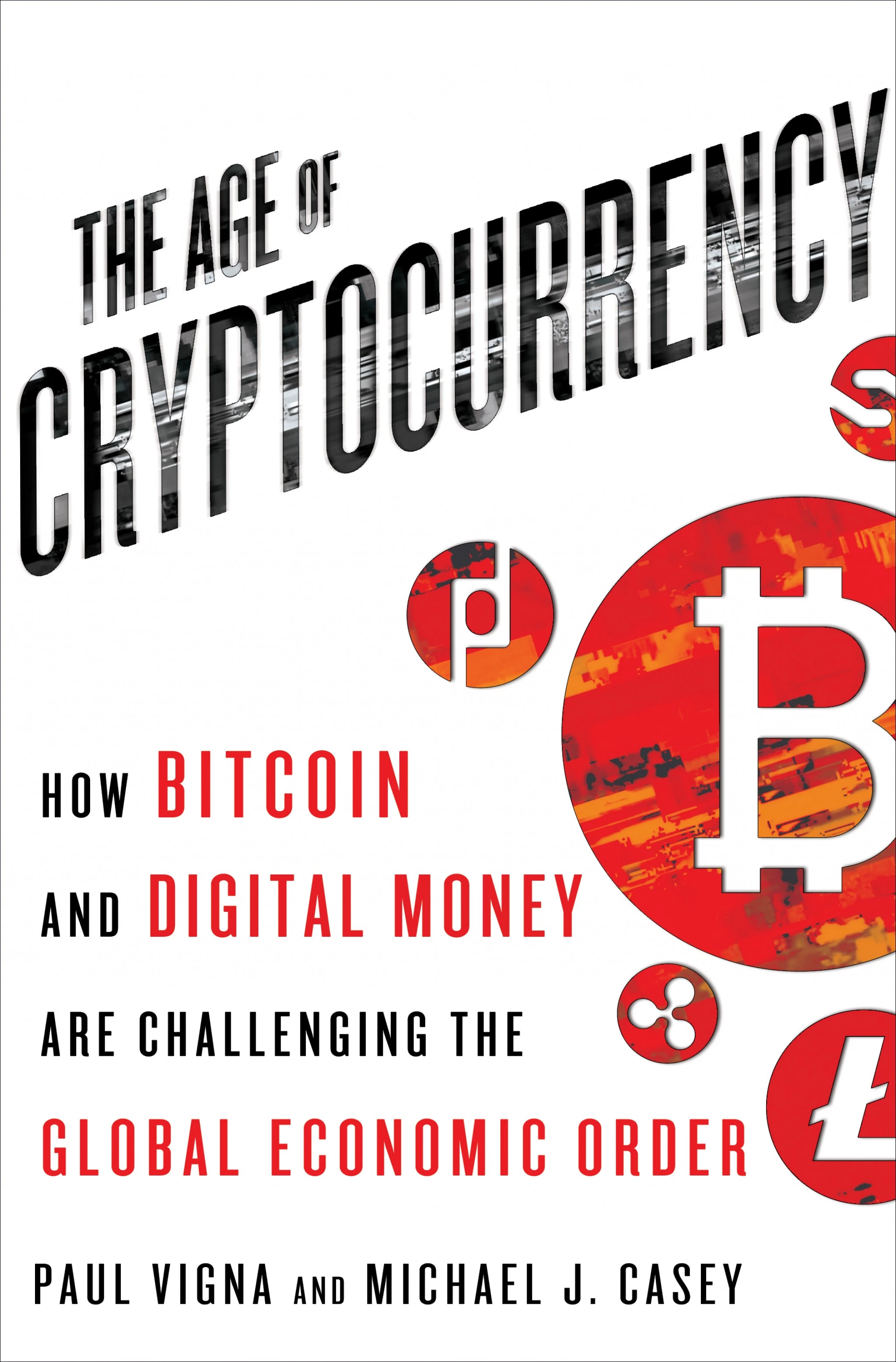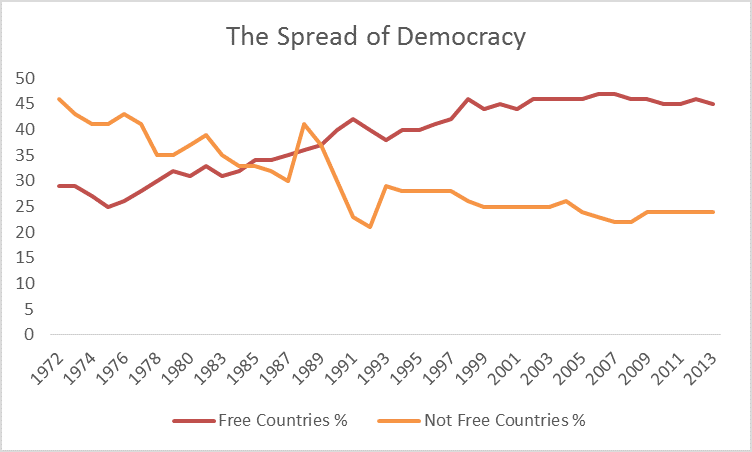Guest post by Ryan Doerfler, Bigelow Fellow and Lecturer in Law, The University of Chicago Law School:
I too find the position Eric discusses (absolute prohibition against torture plus judicial leniency for justified instances) puzzling, or at least frustrating.
My sense is that there are two explanations for the position. The first, which Eric discussed, has to do with incentives or, as I would put it, epistemic reliability (maybe these are the same at the end of the day). The argument here is an application of the more general argument for rule utilitarianism: Because individuals will overestimate systematically the considerations speaking in favor of particular sorts of action (e.g., torture, lying) if allowed to reason on a case-by-case basis, better to adhere to absolute prohibitions as a bulwark against bad reasoning. As is obvious, one would have to do the math to determine whether an absolutist regime is preferable to a case-by-case regime in a given instance since there will be errors under both. The suggestion of judicial leniency in the case of torture indicates that even those advocating an absolute prohibition do not think the math comes out favorably if the prohibition is really absolute.
Thinking about non-repeat players, I guess I do not think of the suggestion as arbitrary. Plausibly, the tendency to overestimate the considerations speaking in favor of torture are greater in the heat of the interrogation chamber than in the cool of the courtroom. And, so long as would-be torturers are unaware of the prospect of judicial leniency (plausible, in the case of non-repeat players), one might get decent results under this regime (e.g., one would torture only when the apparent need to torture was so great as to warrant personal sacrifice) without human sacrifice. This is all speculative, of course, but at least not implausible. The problem is that, in the real world, would-be torturers are almost all repeat players (or at least members of repeat-play institutions). Hence, the prospect of judicial leniency would be well known.
The other explanation for the position, I think, has to do with the impulse to preserve both absolutist (e.g., ‘Thou shalt not kill’) and non-absolutist (‘Thou shalt not kill, unless …’) moral intuitions. My sense is that this impulse has not to do with accuracy or expected outcomes but instead with bedrock intuitions about moral decency or something like that (e.g., a common attitude is that one should cringe at images of killing or torture, even if the killing or torture in question is justified). That impulse manifests in various places in moral philosophy. Where it is plainest, though, is in discussions of so-called “dirty hands” cases, i.e. cases in which a particular action is justified but somehow morally problematic, regrettable, etc.
I have always found this idea hard to understand (e.g., If an action is justified, how could it be regrettable?). But, for whatever reason, it has real popular appeal. One high-visibility, non-scholarly example is the television show 24. On the one hand, 24 is written in such a way that the audience can be expected to think of Jack Bauer’s actions as justified (as Justice Scalia said, what jury is going to convict him?). On the other hand, the show is written such that (and the showrunners are expressly of the view that) Jack Bauer must suffer so that the rest of us can be safe. I suppose one could interpret this as a metaphor for the psychological costs torturers must incur, which are real. More plausible, though, is that the underlying attitude is that Jack Bauer in some way should suffer for what he has done, even though what he has done is justified. Again, I think this is confused. But it is a pervasive sentiment. What Jack Bauer does is right … but also wrong. Good … but also bad. Alas.
[N.B.: there is an ancient literary and artistic theme that the person who saves the community by breaking its norms must himself be expelled from the community, or otherwise suffer and be made an outcast. This person must be a hero who follows a higher morality and accepts the sacrifice. I think philosophers like McMahan unconconsciously reproduce this logic, not realizing that institutions cannot themselves be designed to permit the exceptional act. In real-life institutions, if you tell agents they will be punished for doing X, and they believe you, they won’t do X. — EP]
 This book, written by two Wall Street Journal reporters, is the first journalistic account of the rise of bitcoin and related cryptocurrency technologies. The authors write well and clearly, and the book is illuminating. And the authors try hard to bring journalist objectivity to the extreme claims of bitcoin proponents. But they mostly give in. One can only cringe at sentences like this one:
This book, written by two Wall Street Journal reporters, is the first journalistic account of the rise of bitcoin and related cryptocurrency technologies. The authors write well and clearly, and the book is illuminating. And the authors try hard to bring journalist objectivity to the extreme claims of bitcoin proponents. But they mostly give in. One can only cringe at sentences like this one:



